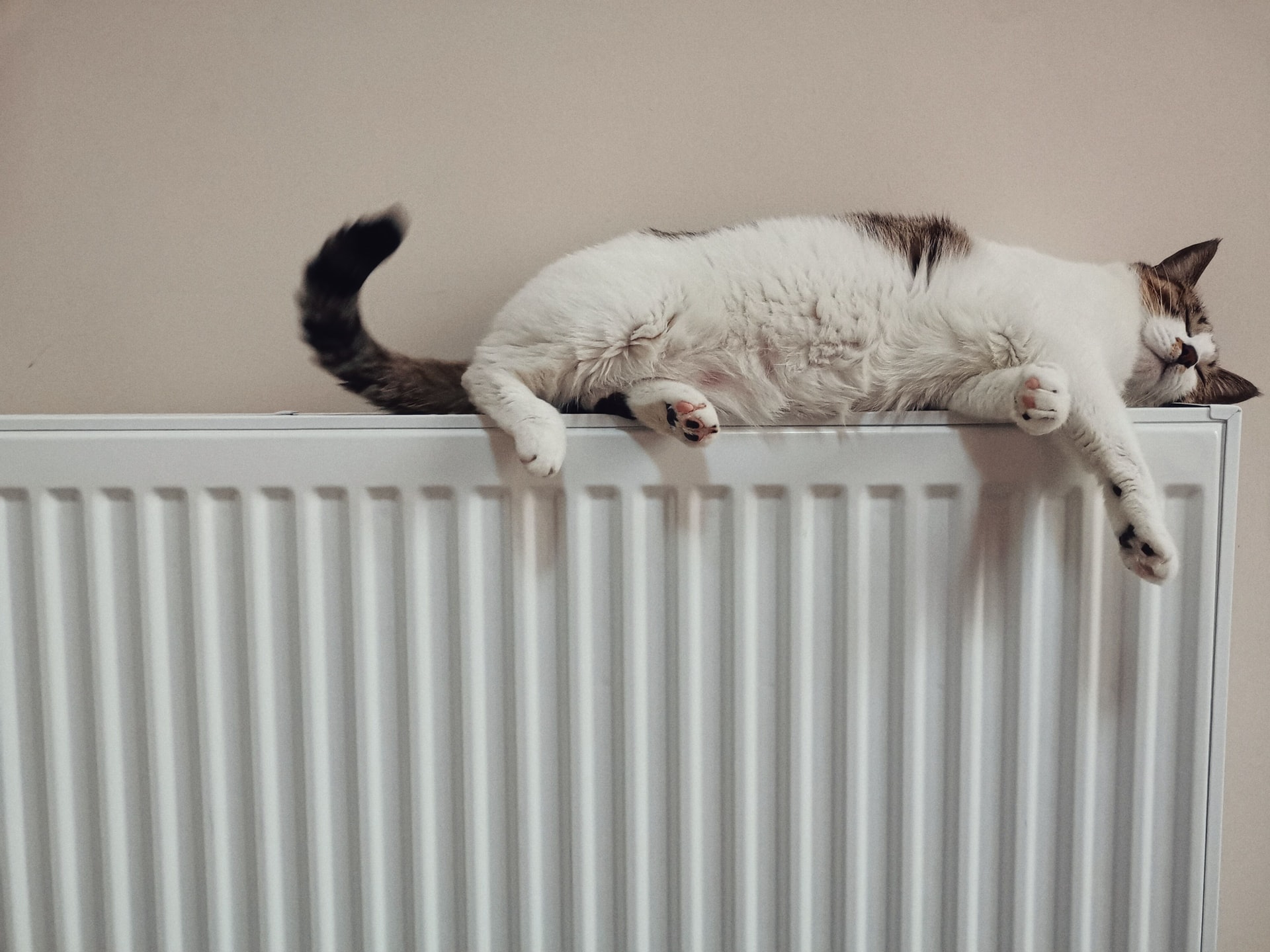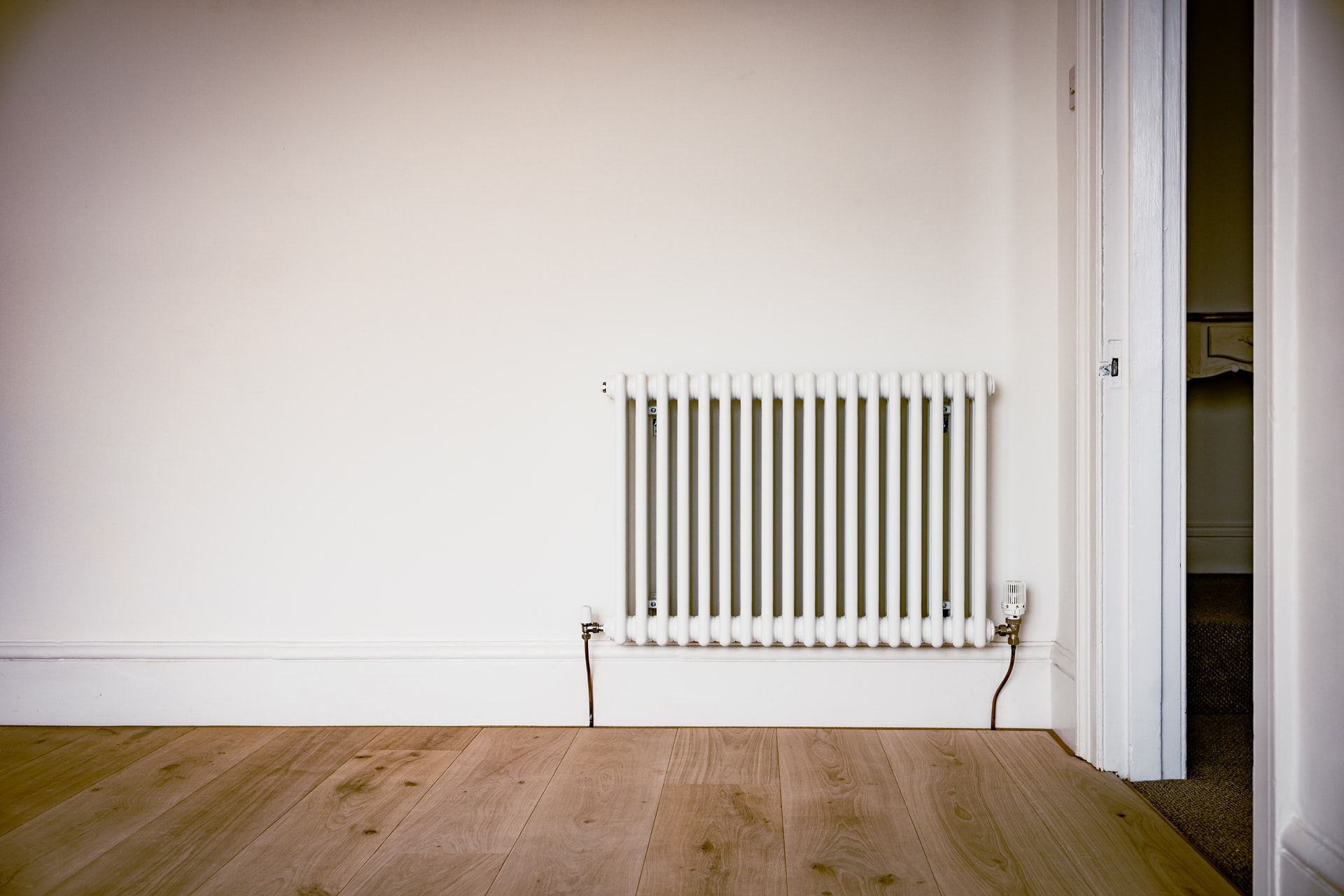We all know that heating our homes is a major expense. But can you honestly say that you know how much you’re spending?
If you’re like most families, you don’t have a clue. You get a bill every month that the energy company automatically debits from your checking account and then you never see the money again.
However, getting a handle on your heating bills can help improve your family’s financial position. So getting on top of it is essential.
Measuring How Much Energy You Use
Heating the home takes up more than half of the average UK homeowner’s energy requirements. So figuring out what you’re using is essential.
Experts measure energy in kilowatt-hours – or the amount of energy required to keep a 1,000-watt appliance running for an hour.
Calculating the amount of energy that you use for heating requires adding up the wattage of all of the things that use electricity or gas in your home and then working out how long you typically run them for.
Most homes discover that they use around 16,000 kWh per year, with around 10,000 kWh used for heating alone.
Once you know your home’s total energy requirements, you can then work out how much your total energy bill is costing you.
Let’s say that the gas rate for 1kWh of electricity is 3.9 p. 0.039 multiplied by 10,000 gives £390 per year for your boiler.
Electricity tends to be a little more expensive. Costs are more on the order of 15 pence per kWh. So if you use 6,000 kWh of electricity on appliances, you’ll wind up paying £900.
The average UK household, therefore, could be paying anywhere from £800 to £1,600 on energy costs every year.
How To Reduce The Cost Of Your Heating
So what can you do to slash your heating costs?
Fortunately, you have a lot of options:
- Boiler replacement: Modern boilers are vastly more efficient than their older counterparts. Hence, if you replace your current model, you’ll be able to dramatically increase the efficiency of your home and lower your bills.
- Smart thermostats: Another option you can try is using smart thermostats. These learn your habits and allow you to switch them off remotely if you’re not going to be home, further saving you energy.
- Switch to a different provider: Sometimes, switching to a cheaper provider can also help you get a much better rate. Just go on a price comparison website and see if anybody is willing to give you a better deal
- Service your radiators: On many occasions, the issue is not with your boiler, but with the radiators connected to it. If your radiators feel cool to the touch even after you switch on the heating, it means that your system isn’t efficient and you’re wasting money. Get a professional to resolve the problem for you.
Realistically, therefore, the average UK family should aim to get its heating bills below £1,000 per year. It’s a challenge, but it’s not impossible.


